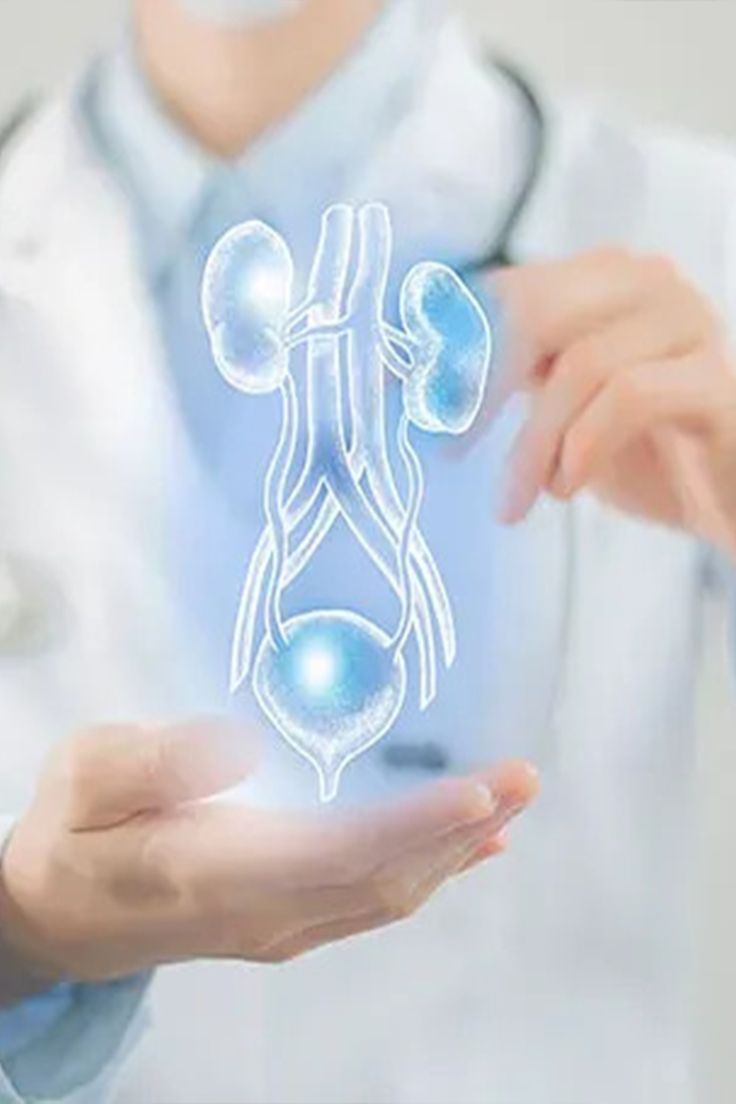The prostate is a small gland, about the size of a walnut, located just below the bladder and in front of the rectum. Despite its small size, it plays a crucial role in the male reproductive system and overall health. Understanding its functions and maintaining its health is essential for a man’s well-being.
The Function of the Prostate
The prostate’s primary function is to produce seminal fluid, a vital component of semen. This fluid nourishes and transports sperm, increasing the chances of successful fertilization. Additionally, the prostate helps regulate urine flow by surrounding the urethra, the tube that carries urine out of the body.
Common Prostate Issues
As men age, the prostate can become susceptible to various conditions, including:
- Benign Prostatic Hyperplasia (BPH) – A non-cancerous enlargement of the prostate that can cause difficulty urinating, frequent urination, and a weak urine stream.
- Prostatitis – Inflammation of the prostate, often caused by bacterial infections, leading to pain and discomfort in the pelvic area.
- Prostate Cancer – One of the most common cancers among men, prostate cancer can be slow-growing or aggressive, making regular screenings essential for early detection.
The Importance of Prostate Health
Taking care of the prostate is crucial for maintaining urinary and reproductive health. Here are some key ways to support prostate health:
- Regular Screenings: Routine check-ups and PSA (Prostate-Specific Antigen) tests help detect potential issues early.
- Healthy Diet: A diet rich in fruits, vegetables, and healthy fats (such as omega-3s) can reduce the risk of prostate problems.
- Physical Activity: Regular exercise can help maintain a healthy weight and reduce inflammation.
- Hydration: Drinking plenty of water supports urinary function and helps flush out toxins.
- Avoiding Smoking and Excess Alcohol: These habits can negatively impact prostate health.
Conclusion
The prostate plays an essential role in male health, particularly in reproduction and urinary function. Understanding its functions and taking proactive steps to maintain its health can prevent complications later in life. Regular check-ups, a balanced diet, and an active lifestyle contribute to a healthy prostate, ensuring overall well-being and longevity.

